Gardening Q&A
-
March/April 2023 California Bountiful magazine
As a California Bountiful reader, you have the opportunity to get your seasonal gardening questions answered by gardening expert Pat Rubin. Here are a few questions from our readers.
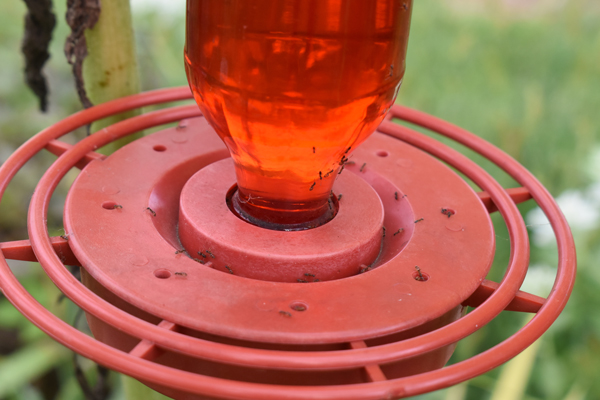
How do I keep ants out of the hummingbird feeders?
Make sure you have a feeder that doesn’t drip. If you can, move the feeder around. My solution was to smear petroleum jelly (Vasoline) on the hanger. That stopped the ants.
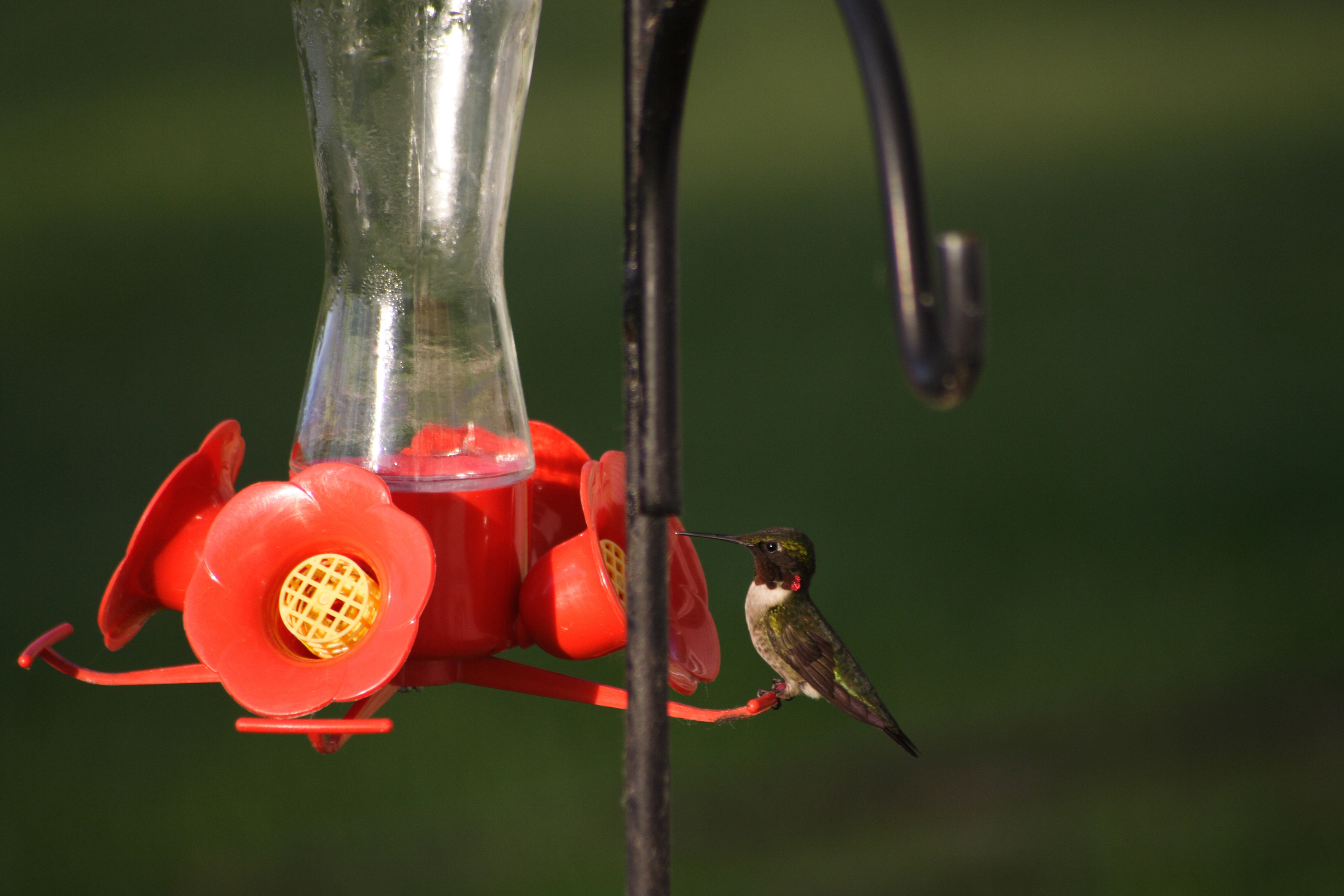
Can I use honey instead of white sugar in the hummingbird feeders?
No, absolutely not. Honey can cause a fatal fungus infection on the tongue. Don’t use powdered sugar, either, since it contains cornstarch.
-
January/February 2023 California Bountiful magazine
As a California Bountiful reader, you have the opportunity to get your seasonal gardening questions answered by gardening expert Pat Rubin. Here are a few questions from our readers.
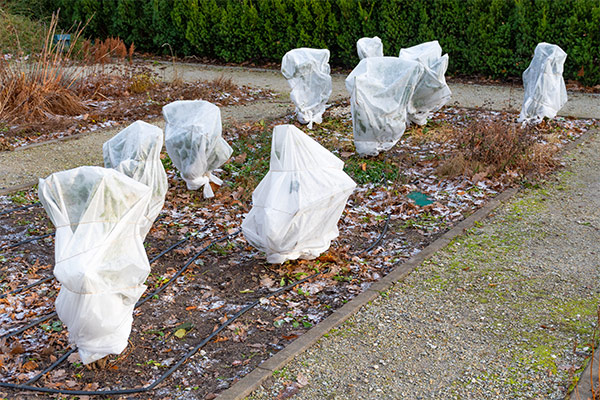
How do I protect my plants from freezing?
Hopefully, you have a garden full of plants appropriate for your climate. But you can still have frost damage. The first line of defense is to water your plants before a freeze. Plants die in freezing weather from dehydration. Move potted plants close to the house. Cover sensitive plants with a sheet, towel or blanket. You can also cover them with a layer of leaves or mulch. Citrus farmers often put fans in the orchards to keep the air moving. Some turn on the sprinklers and let ice cover the foliage because water freezes at a higher temperature than plant tissue and so the ice protects the leaves. Don’t water succulents. Keeping them on the dry side all winter will protect them from freezing.
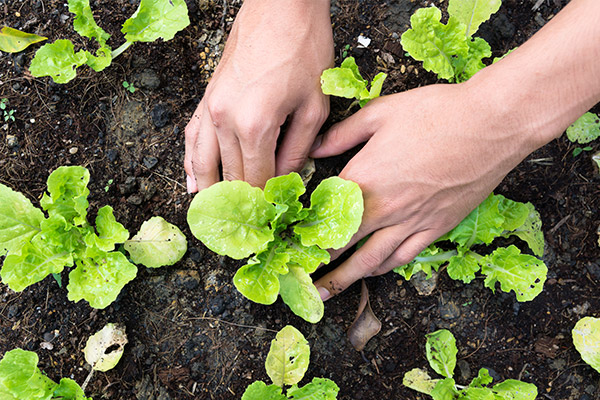
I want to have a year-round vegetable garden. What can I plant now?
While it’s much too early for garden favorites like tomatoes and beans, it’s perfect weather for salad greens. They love the cool weather. Fava beans and peas are also great choices. You can also plant carrot seeds. Check your local garden center for leek and onion transplants.
-
November/December 2022 California Bountiful magazine
As a California Bountiful reader, you have the opportunity to get your seasonal gardening questions answered by gardening expert Pat Rubin. Here are a few questions from our readers.
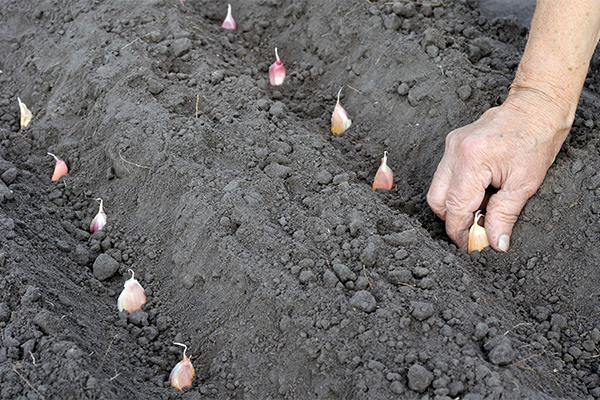
What can I plant in my garden in November and December?
Plant garlic. I prefer the softneck varieties. Buy garlic from the nursery rather than from the grocery store. Separate the cloves and plant them a couple of inches apart. Once they are growing, you can harvest every other one for garlic greens and let the rest make garlic cloves. Also include plenty of salad greens in the garden. Lastly, I’d start a crop of peas. They’re very easy to grow from seed.

My peaches had curl last year and a neighbor said I needed to spray them. Do I do it now? What do I use?
After the leaves fall, spray the tree with a lime sulphur mix. Your garden center will know what you should do. In the past, I have often put off spraying for various reasons but remember reading that one of the most effective times to spray for leaf curl is at the pink bud stage: when just a tad of pink is showing on the spring flowers. If you are a procrastinator like me, remember you have until pink-bud stage to get something done.
The curl usually only affects the first batch of leaves on the tree, so if you don’t spray at all, those curled leaves will fall away and the new ones are usually fine. Of course, if you don’t clean up those affected leaves, you’ll have curl again next year.

